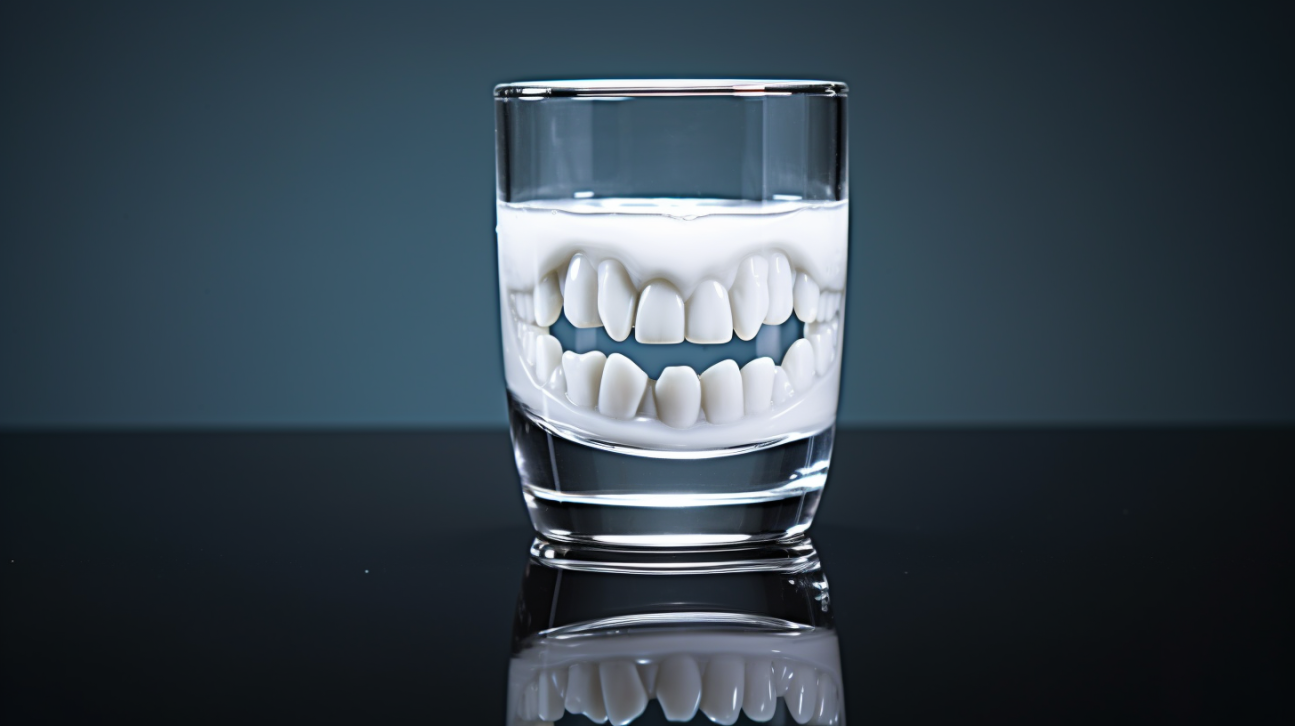Antipsychotics & Gray Matter Loss in Chronic Schizophrenia
Schizophrenia is a severe mental illness characterized by hallucinations, delusions, disorganized thinking and behavior. While antipsychotic medications can help manage symptoms, their long-term effects on brain structure are not fully understood. A new study provides important insights into how long-term antipsychotic treatment may impact gray matter in chronic schizophrenia. Key Facts: Both treated and untreated …










